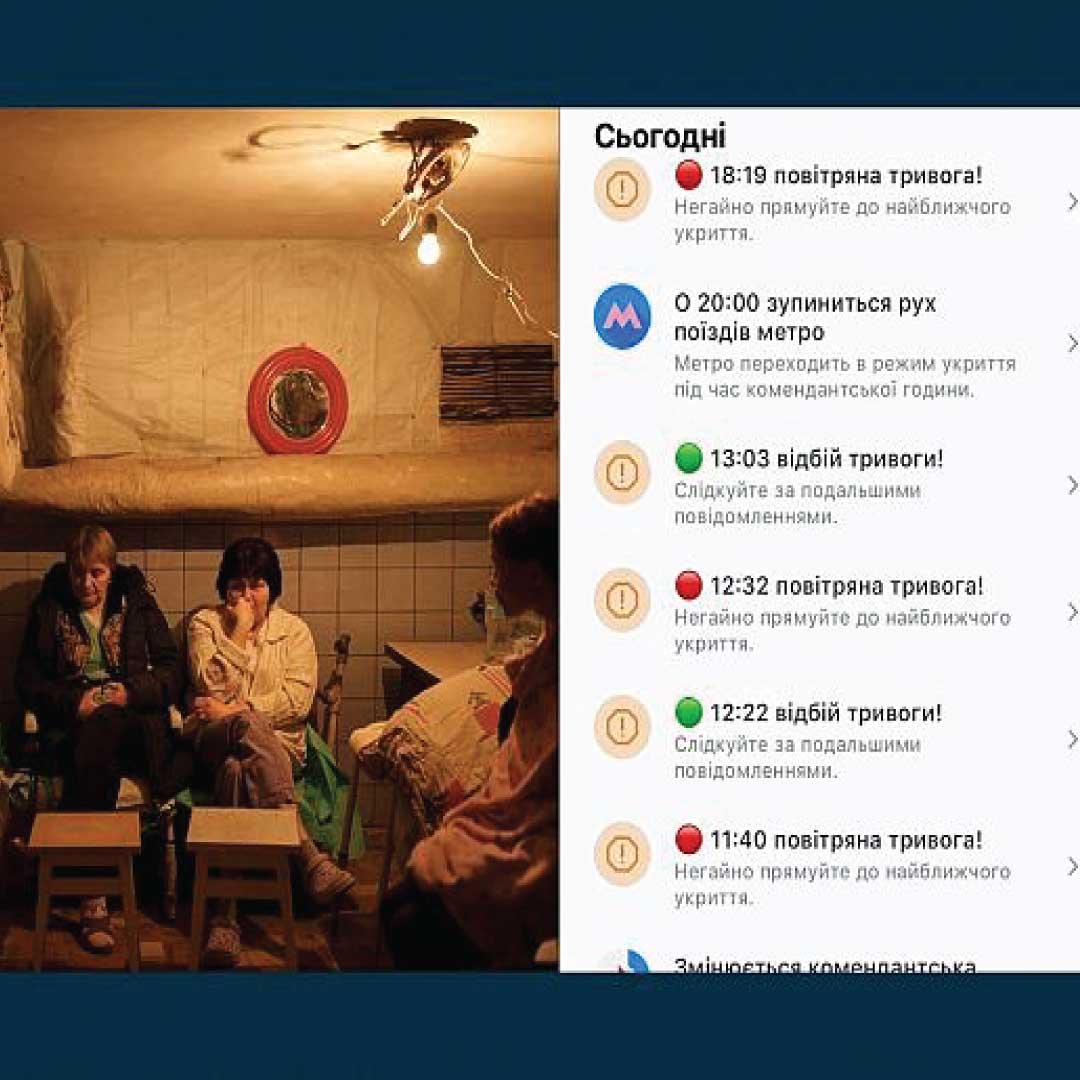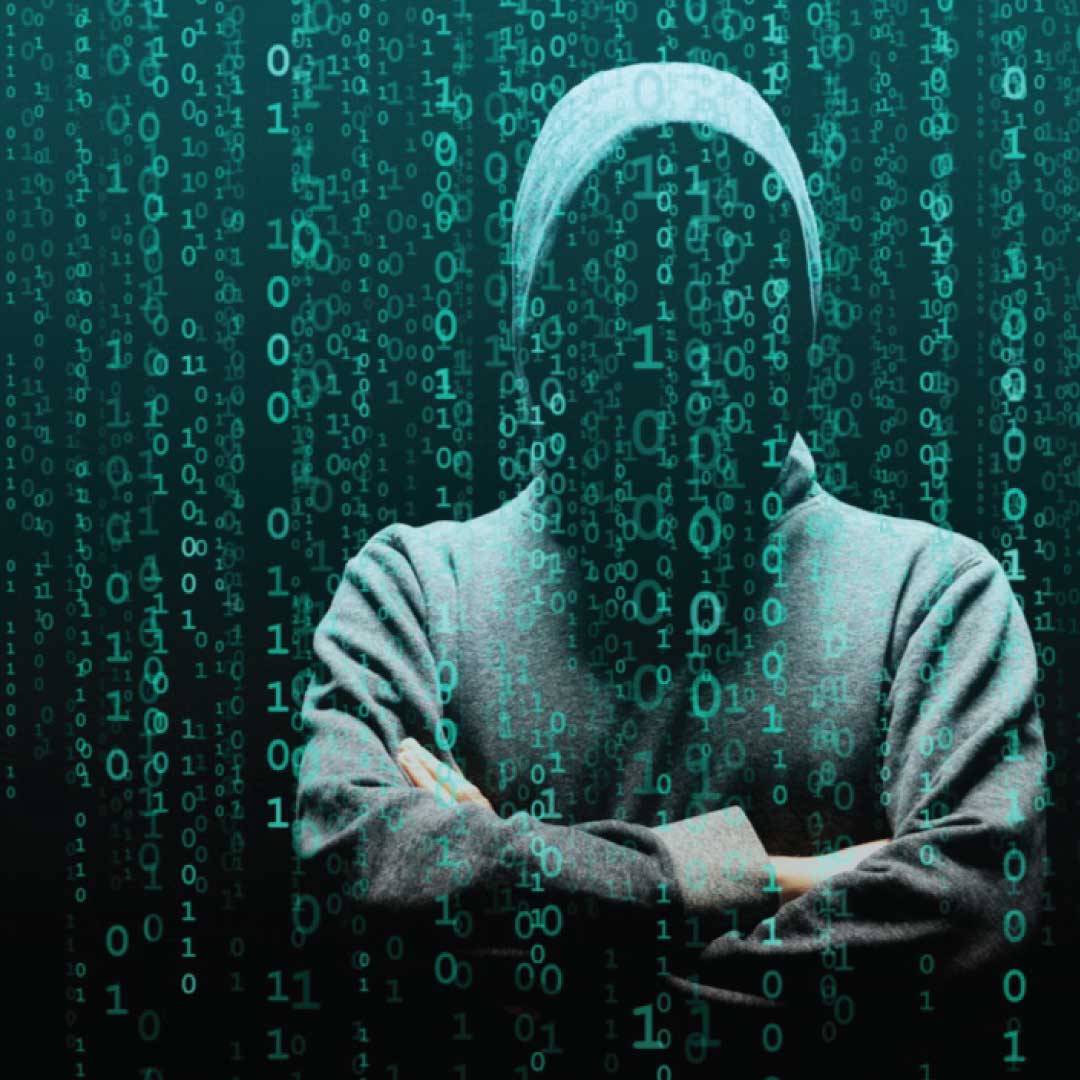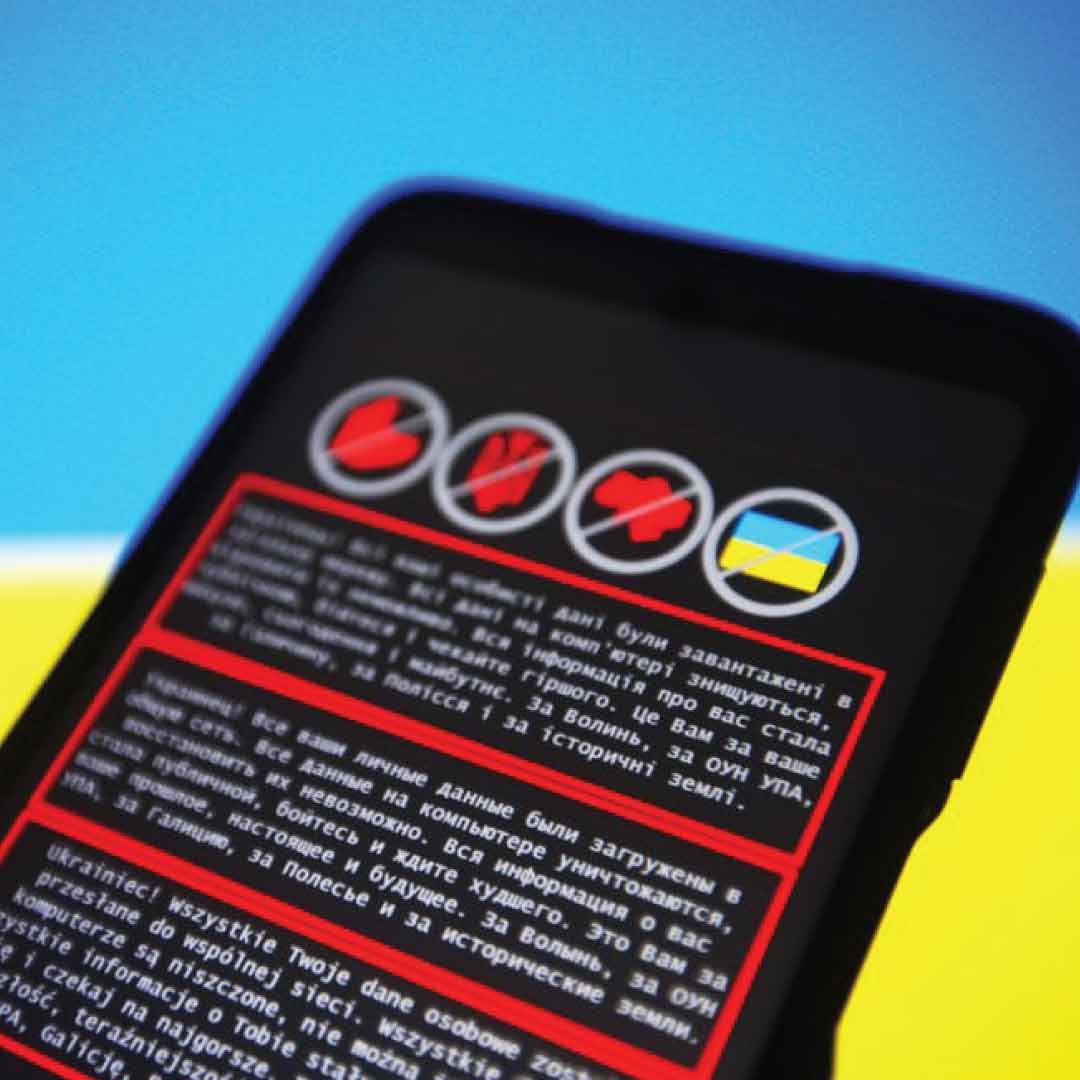Since the beginning of the Russia/Ukraine war, the effects on safety and the economy have been devastating. The conflict has taken global center stage as everyone is striving to survive the adverse effects of the war.
The ongoing war has resulted in enormous casualties on both sides. The most recent is the destruction of S-300 anti-aircraft missile systems which were given to Ukraine by a neighboring European nation. About 25 Ukrainian soldiers were hit in the attack, according to a report by IndiaEXPRESS
The Kyivs Technology Resue Plan
In a quest to survive the attack and save the lives of its citizens, Kyiv Director of IT Oleg Polovynko and Petro Olenych the Deputy Mayor and Chief Digital Transformation Officer have been working tirelessly for the last five weeks to adapt and repurpose common technology for a city that has found itself in the midst of a major war of the twentieth century.
“Every day, we wake up and we’re thinking how we can keep people in the city alive and safe,” says Olenych.
The next stage was to add functionality to the city’s smartphone app so that citizens might be alerted of impending missile attacks. The most current version of the Kyiv Digital app was released in January 2021.
The tech startup adopted the popular Kyiv Digital smartphone app, which was previously used to pay utility bills and parking fines, citizens can now find bomb shelters and locations where they can buy critical supplies including insulin, food, and fuel, as well as receive directions to these locations. After receiving notifications that a nearby metro station would be closed due to renovations, people began receiving alerts about approaching air attacks. Warnings about oncoming air attacks have replaced notifications about the closing of a local metro station for renovations.
Time explained that “Their creative maneuvers are a key reason that most residents of the Ukrainian capital can connect to the Internet in underground bomb shelters, find open pharmacies and grocery stores, and go to sleep knowing their phone will alert them of incoming air raids before the physical sirens sound.”
Olenych who has been sleeping at Polovynko’s house since a bomb landed near his own home as reported by Time affirmed.
“I felt like I was part of a modern world, where all of these [technologies] was part of our everyday life, and now suddenly we need to use them for such basic purposes, for life or death,” says Polovynko. “I never imagined that I would develop software in 2022 to help people stay alive, to survive things like a missile attack. But of course, we can. And now we’re using all of our IT minds in Ukraine to help our people and our soldiers.”
The Warning Feature
More than a million people used the app, which sent out emergency notifications about everything from transit closures to COVID-19 cases. They’re now working to turn this feature into a potentially life-saving early-warning system.
According to city officials, the app has been sharing 6 to 10 air raid alarms per day in recent days. The time and the message “Air Warning!” are displayed on a red alarm icon. “Head to the nearest shelter!” says the narrator. After that, a green icon appears, indicating that the danger has passed.
How do they access the internet?
Olenych, the deputy mayor, organized Kyiv’s Internet providers on a messaging app. He then added a feature to the city app that let residents request Internet for their bomb shelters. More than 1,000 bomb shelters did so. Officials estimated that around 800 had WiFi access as of Thursday.
Officials in Kyiv used mobile WiFi hotspots from empty government offices in the bomb shelters. In response to a request from Ukraine’s national digital office, SpaceX founder Elon Musk donated Starlink satellite terminals to provide Internet access.
How it started
As the invasion got underway, After hearing air raid sirens blare over the city for the first time since World War II on Feb. 24, the staff of Kyiv’s digital transformation office convened to discuss their options for responding. They rapidly came to the conclusion that they would not be evacuated. Only a few workers, all of whom are moms of small children, traveled to the city from western Ukraine to work, while the majority remained in the city.
After a wave of cyberattacks took off their online services, Polovynko’s team spent the better part of the following three days attempting to recover their systems from backups. “After that, we became like a big startup, where you always receive a lot of tasks and you only go to sleep when you are finished,” Polovynko said about his IT team of roughly 20 employees. “Then you wake up and go back to work.”







